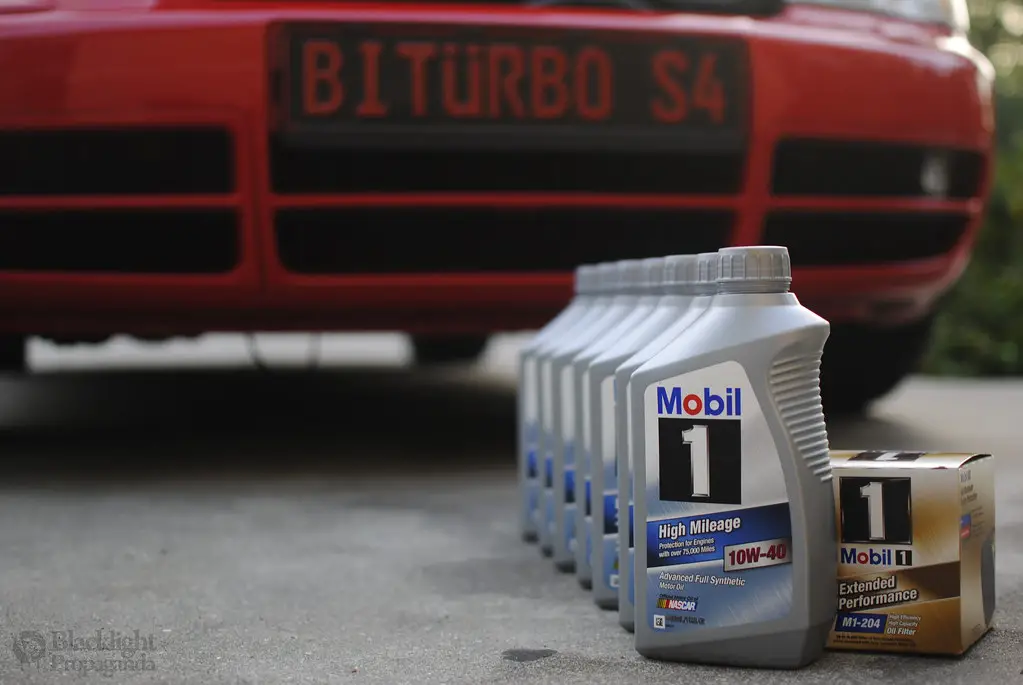For car owners, understanding the nuances of motor oil is crucial when it comes to keeping their vehicles running smoothly. One common question that arises is whether motor oil expires. In this beginner’s guide, we will delve into the shelf life of motor oil, how to distinguish between good and bad oil, the role of additives, and responsible oil disposal methods. Let’s embark on a journey to demystify the world of motor oil!
Shelf Life of Motor Oil:
So, does motor oil expire? While motor oil doesn’t have a definitive expiration date, it does degrade over time. Manufacturers generally recommend disposing of oil after a few years, although they don’t explicitly state that it expires. Various factors, including temperature fluctuations, oxidation, and contamination, can impact the oil’s performance and longevity.
Understanding Good and Bad Oil:
Being able to identify good and bad oil is essential for maintaining optimal engine performance. Fresh oil should possess a transparent amber hue and flow smoothly. If the oil appears dark, murky, or thick, it may indicate contamination or aging. By evaluating the clarity, color, and overall appearance, one can assess the quality of the oil.
Unraveling the Role of Additives:
Engine oil additives play a vital role in enhancing the performance and protection offered by motor oil. These chemical compounds are carefully blended with the base oil and serve specific functions. They include anti-oxidants, corrosion inhibitors, viscosity index improvers, anti-wear agents, and extreme pressure additives. However, it is important to note that additives can break down or deplete over time, affecting the overall shelf life of the oil.
Proper Disposal of Motor Oil:
Proper disposal of used motor oil is not only crucial for environmental conservation but also a responsible practice for car owners. It is imperative to understand that motor oil is classified as a highly toxic and hazardous substance. It should never be poured down drains or discarded with regular trash. Instead, used oil should be taken to designated recycling centers or waste disposal facilities. Many auto shops and garages also accept used oil for safe and environmentally friendly disposal.
Conclusion:
By familiarizing yourself with the shelf life of motor oil, distinguishing between good and bad oil, and adopting responsible oil disposal practices, you can ensure the longevity and performance of your vehicle while safeguarding the environment. Adhering to recommended oil change intervals, storing oil properly, and utilizing appropriate disposal methods are essential for every car owner. With this knowledge in hand, you can confidently navigate the world of motor oil and keep your car running smoothly for years to come.

